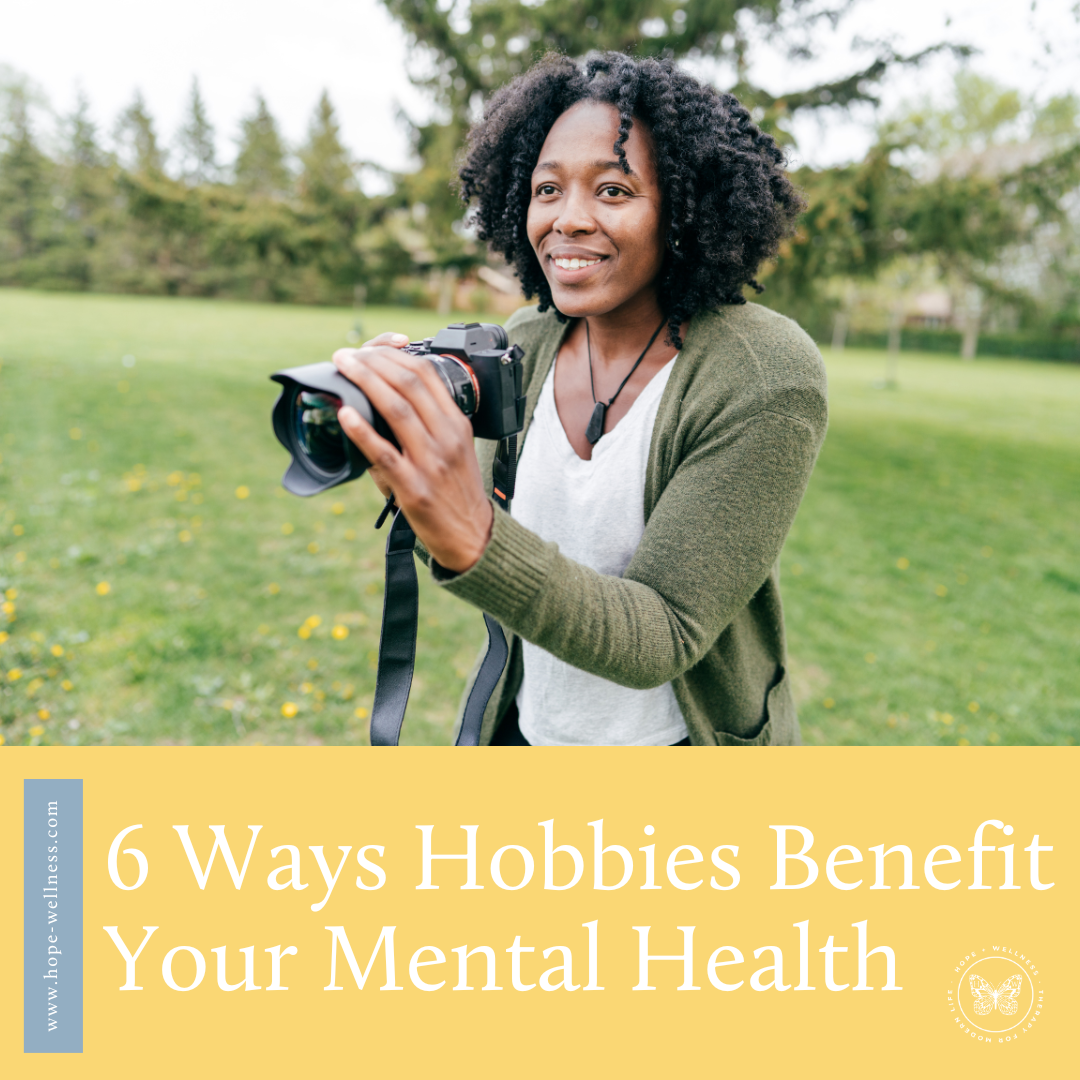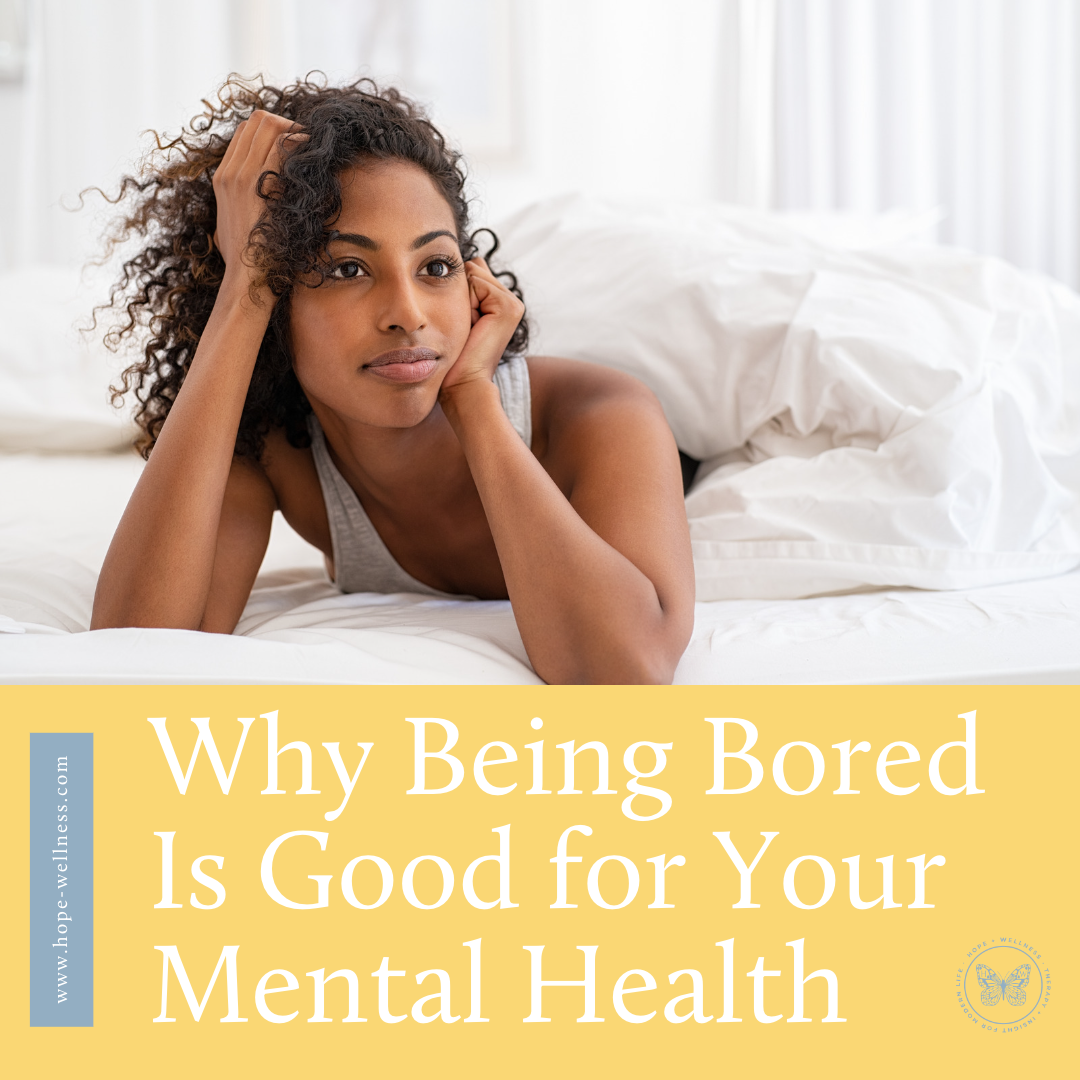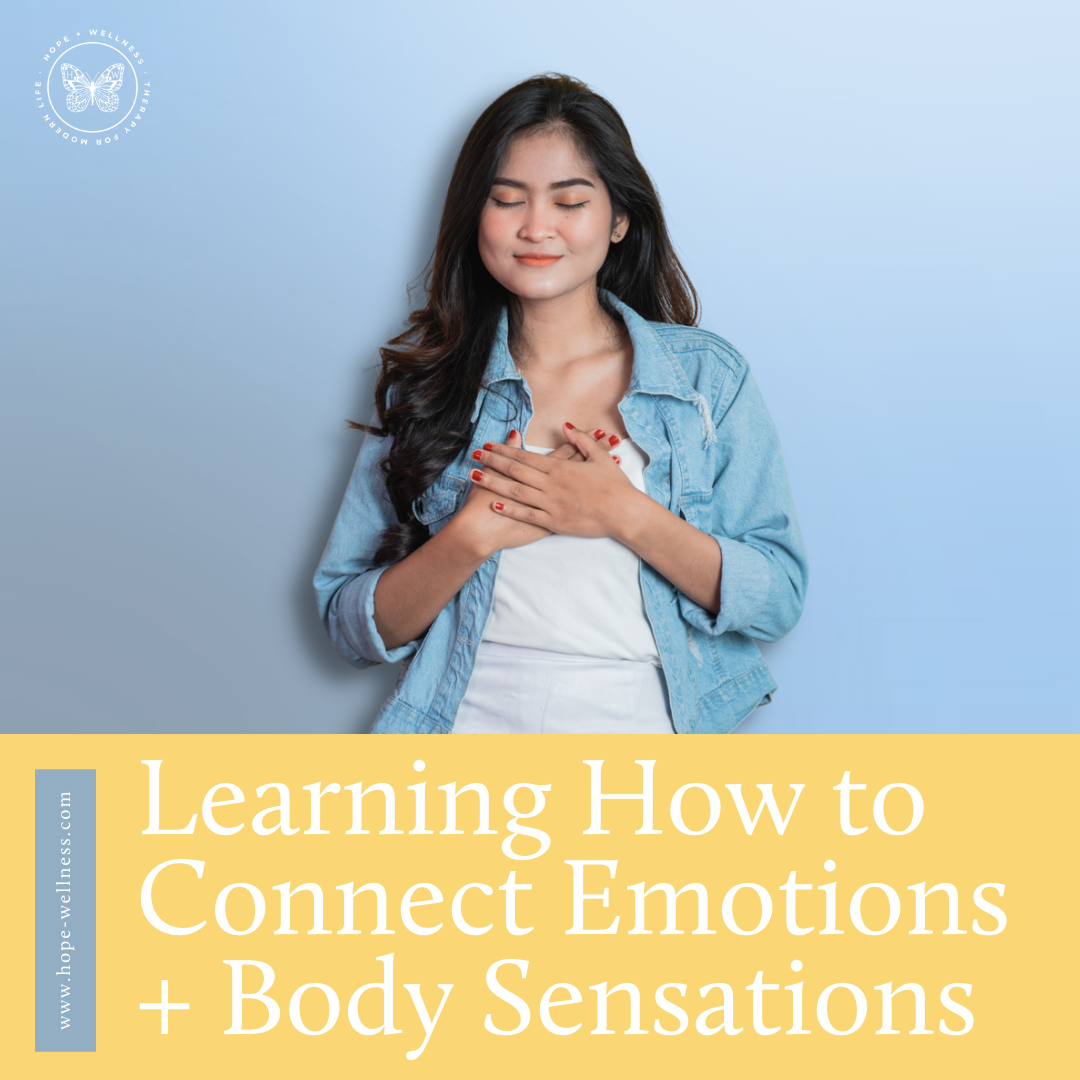What is Emotional Regulation?
Have you ever felt like your emotions were controlling you?
Maybe you were in an argument, or just got bad news, or one more thing in the midst of a really bad day went wrong and made you feel like you couldn’t stay calm anymore. Suddenly your feelings were overwhelming you, like a dam broke, and you were too emotional to think through your behavior.
These are times when emotional regulation skills would help.
Emotional regulation isn’t about stopping yourself from feeling certain emotions, or ignoring your emotions and responses, but putting you back in the driver's seat when they become too powerful. Instead of being ruled by your emotions, you can learn to be informed by them. Emotional regulation skills help give you what you need to slow yourself down and respond instead of react.
Respond vs react: what’s the difference?
While the two are often used interchangeably, there is actually a difference between reacting and responding. Reacting is purely emotional, whereas responding is an exercise in emotional intelligence. When we react, we don’t think about our feelings or how they’re influencing our actions–in fact we generally don’t think through our actions at all, it’s instant, in the moment, and fueled by powerful emotions.
Responding on the other hand would be slowing down to think about what you’re feeling, why you’re feeling it, and what that feeling means. It helps you honor your feelings by taking time to investigate them, while still using logic and values to guide your actions.
What is Emotional Regulation?
Emotional regulation itself refers to the ability to manage your emotional reactions. Essentially, it’s just slowing down and thinking before you act. Our emotions can offer us important information about ourselves–what is important to us, what we feel vulnerable about, how we relate to others around us, etc.–but they don’t often reflect the objective truth. Practicing emotional regulation allows you to both honor your feelings by giving you a chance to reflect on them and what they’re telling you about yourself, while not letting your behavior be ruled by them.
How can you practice emotional regulation?
An established mindfulness practice is a great tool when it comes to emotional self regulation. Mindfulness itself is the process of allowing your thoughts to pass by without clinging to them, keeping yourself firmly in the present moment, engaging with all of your senses to stay grounded. In that way, different mindfulness practices allow you to slow down and notice your emotions, as if they are leaves floating down a river, rather than something that defines your reality. How can you mindfully self regulate?
First, practice identifying + naming your emotions.
When you start to notice your feelings taking over, make yourself pause and ask: what is it I’m actually feeling right now? This can be hard, we’re not usually taught to slow down and identify what it is we’re feeling. Start with a feelings wheel! It’s a great tool to use if you’ve never practiced naming your emotions. Start at one of the 7 general emotions (bad, fearful, angry, disgusted, sad, happy, surprised) at the center, and move out to get more specific until you find what it is you’re feeling.
Another way to practice emotional regulation is cognitive reappraisal.
When you’ve identified what you’re feeling, you can accept the thought you’re having, while still assuring yourself that it’s not necessarily true. Cognitive reappraisal is a skill used in many types of therapy including CBT and DBT, so this is something you can work with your therapist on as well as try to practice on your own.
Take the thought you have based on whatever strong emotion you’re feeling and replace it with a new, more positive or neutral possibility For example: “My friend sent me straight to voicemail so they are mad at me,” can turn into “My friend sent me straight to voicemail, they must be busy. I’m sure they’ll see the missed call and check in when they have time.”











Thanksgiving is nearly here, and with that can come a lot of complicated emotions. If you’re feeling anxious about the upcoming holiday season, kicked off by Thanksgiving this week, you’re not alone. To help, we’ve gone through our blog to date and gathered up posts we think will help you get through this season.